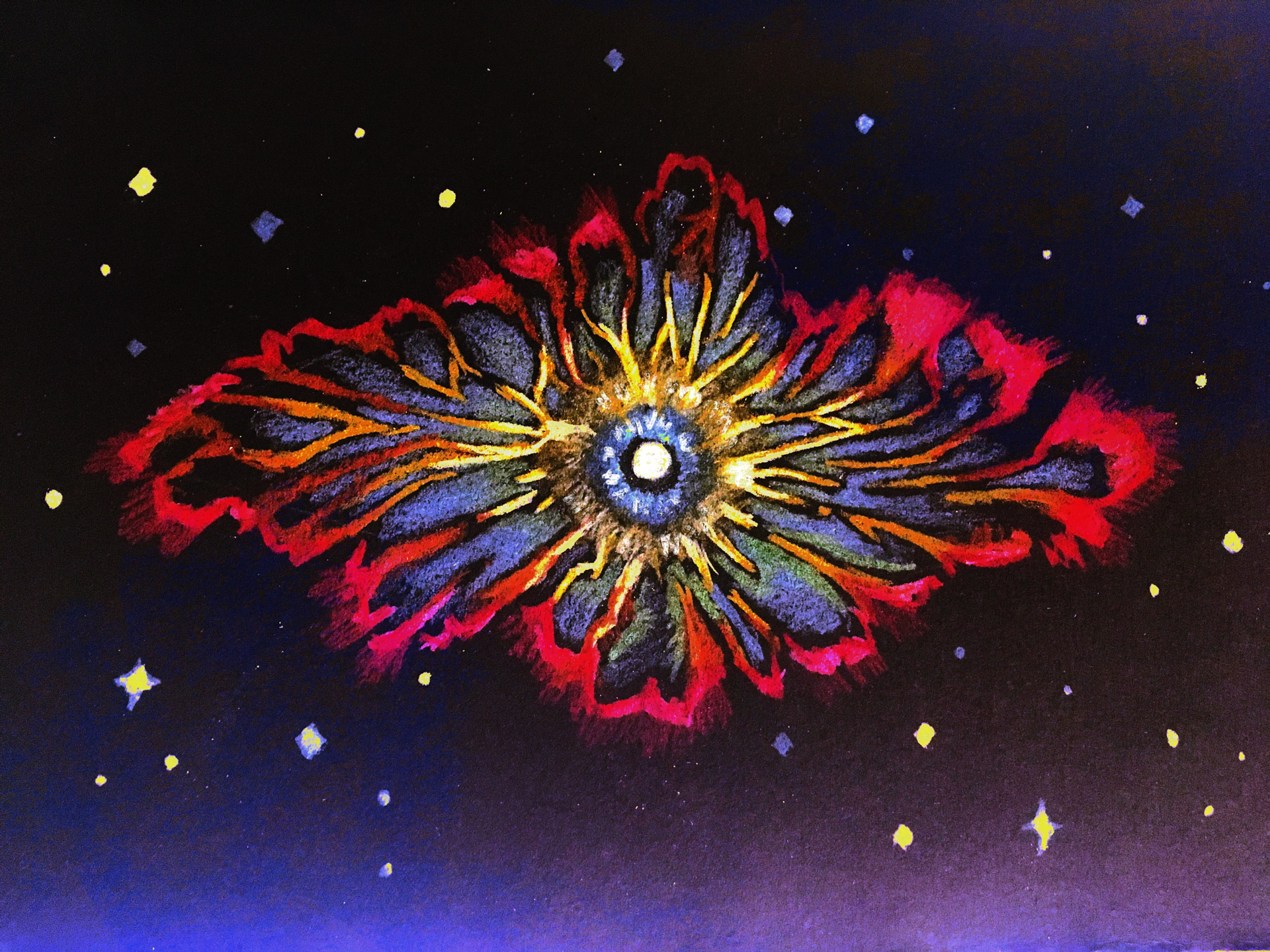You’ve probably all heard of J.R.R. Tolkien. Maybe, you’re sick of watching The Lord of the Rings because your family just kept putting it on repeat. Or you were a diehard The Hobbit fan and went berserk as Peter Jackson lengthened the story into a trilogy. Even so, I have found them to be great stories, I mean, as long as they’re not over done… cough, cough, Hobbit Trilogy… really? But there is an element of those stories that I want to pinpoint. It’s something that Tolkien specifically wrote about and, I believe, instigated in all of his stories: the Eucatastrophe.
What is a Eucatastrophe? Tolkien explains it as:

“…the joy of the happy ending: or more correctly the good catastrophe…it is a sudden and miraculous grace: never to be counted on to recur. It does not deny the existence of dyscatastophe, of sorrow and failure: the possibility of these is necessary to the joy of deliverance…”1
There are so many examples of the Eucatastrophe in The Lord of the Rings. One of the easiest to explain is in the second movie. At this point I’m going to have the diehard The Lord of the Rings book fans like, “Hey man, the books are way better!” You know what, in overall plot for The Two Towers, you’re right. Yet, I feel that the emotion conveyed by the scene at the end of movie was more powerful. If you have not seen the movie, let me ‘splain. SPOILER ALERT.
Aragorn, Legolas, and Gimli (three characters from a larger fellowship, which has by now broken up and are still working toward the same goal) are fighting in a fortress, alongside an army of men, against the evil forces that surround them on all sides. They have labored through the night, attempting even to just push back the enemy but all is for not. The army is crammed into a small final stronghold, they are barricading the door, utterly out numbered. In a desperate act Aragorn, the king of the men, and a few of the soldiers, ride out on horseback to mow through the enemy lines. For a time, this works, but they soon exhaust themselves. When they feel they can do no more, the sun peeks over the hills surrounding them. As they look to the sun they see Gandalf, a wizard friend of theirs, who had gone to collect more men for the battle. For a second or two, Gandalf stands alone upon his white horse. Then from behind him, reserves come up alongside, they rush down the hill and as the sun creeps further into the sky, Gandalf uses his staff to refract the light into the eyes of the enemy. In moments, the enemy retreats and the battle is won.
Perhaps to put some kind of humor to the Eucatastrophe, I’ll describe like this: it’s that moment where you can’t step away from a movie or book because of the anxiety you’ll have from not knowing what happens. Yet… as the ending unfolds before your eyes, you jump from your chair and laugh like a crazed lunatic. It’s the kind of story where it’s a sigh of relief to put it down, but you’re thinking, “That was stinkin’ amazing!” That is the real Eucatastrophe.
Life does have its own Eucatastrophes. I know… Life sucks. Sometimes life sucks even more than I can truly know. I’m not trying to say I know how you feel. I don’t. I’m not going through what you’re going through, but if you feel that you’re at the lowest low, the darkest depths of life, I just want you to know: Light shatters all darkness. Tolkien compares the Eucatastrophes in fairytales to the greatest Eucatastraphe in all of natural history. The moment of humankind’s redemption. What better light is there than the Light that can pierce not only the physical realm, but also the spiritual realm?
—Rupert Anndelle
For you have delivered my soul from death, yes, my feet from falling, that I may walk before God in the light of life.
—Psalm 56:13 (ESV)
1 J.R.R. Tolkein, On Fairy Stories, The Rivendell Community, Original publication 1947, http://www.rivendellcommunity.org/Formation/Tolkien_On_Fairy_Stories.pdf, 13.
Copyright © 2017 The Whimsical Sort® This document may not be distributed in part or in whole for purchase or any material gain.
